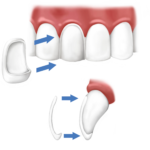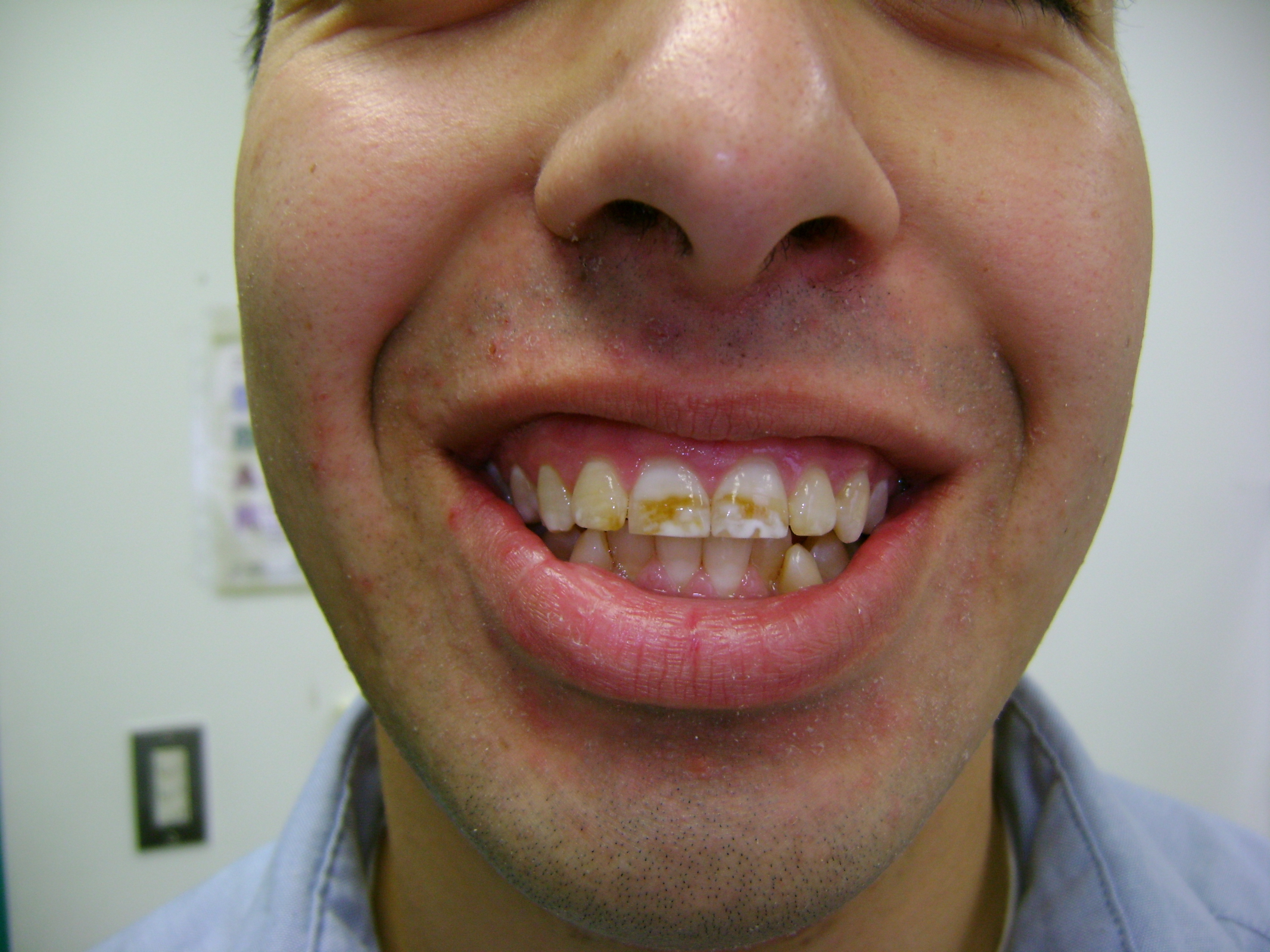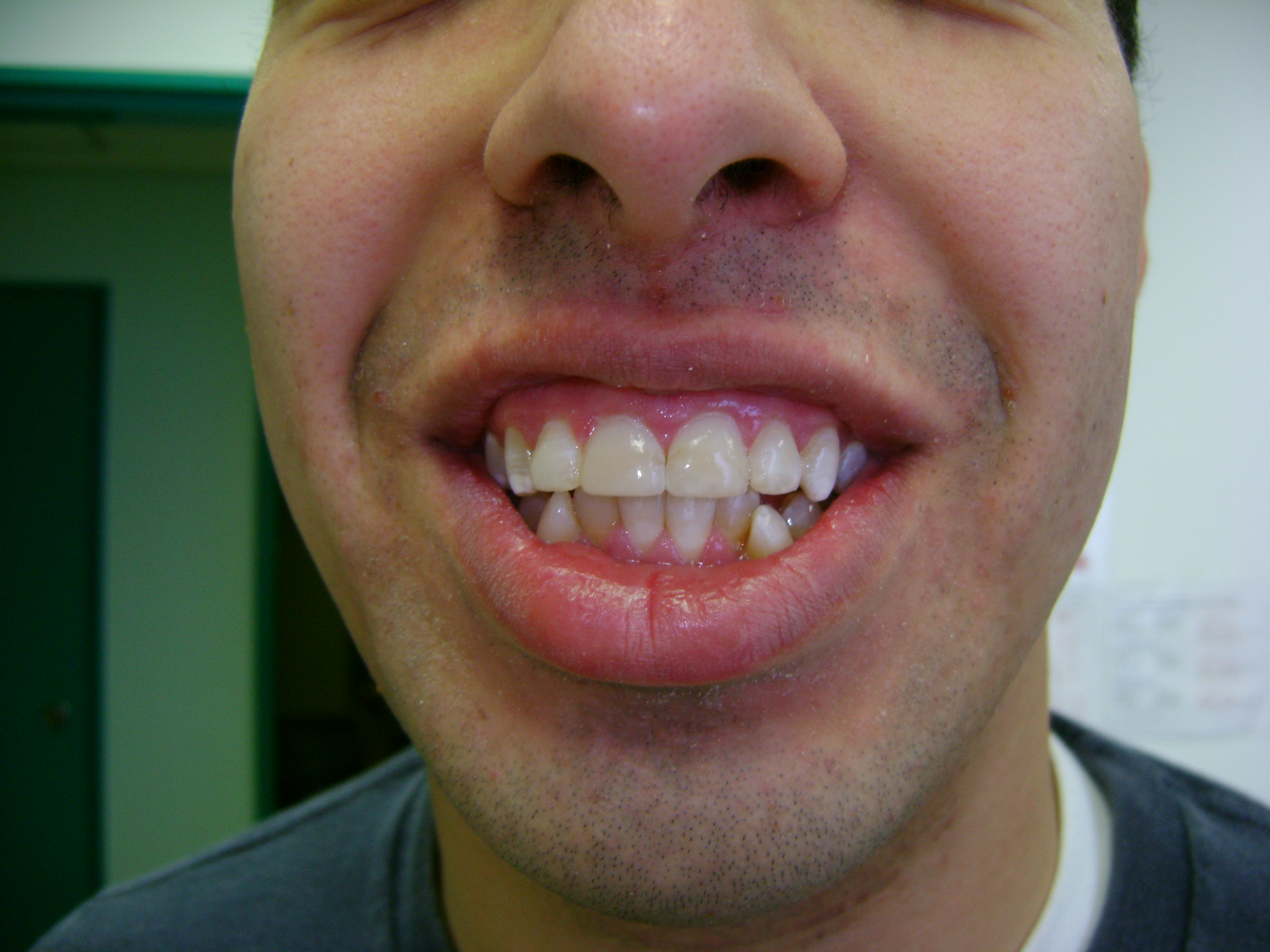Veneers can be used to correct discoloration, close spaces, reshape teeth and even correct minor crowding or tooth malposition. They cannot be used correct moderate or major crowding or act as a substitution for orthodontics.
Veneers are a similar concept to the veneer layer of wood you see on many furniture items now days. They help to mask what is underneath and achieve better aesthetic results for our patients.
There are two types of Veneering options. Porcelain Veneers are made at an offsite lab and have the highest esthetic results and long-term beauty. They involve two appointments when the tooth is shaved down to make room for a thin layer of porcelain that will reshape and change color of the underlying tooth. Most patients elect to be numb for this procedure; however, we have patients who have also elected to go without and have done great. After the first appointment, plastic temporary veneers will be placed while the lab custom fabricates your new teeth – just like a work of art. At the second appointment numbing is also optional. We remove the temporary veneers and cement on the new ones. We will make every effort to deliver you the smile you desire and in some cases, this does take several extra appointments. We want you to be proud of your smile and will never force you into anything you are not 100% satisfied with.
Second option for veneers is roughening up the surface of the tooth and adding tooth colored filling material to correct color, gaps or shape. Although this is only one appointment, the filling material does not seal like the porcelain veneers created by our dental labs. There are micro pores in the filling material that will pick up color from foods, drink, etc. and discolor with time. They are also more prone to chipping.
As with any esthetic procedure done on the front on the teeth, we recommend a night guard to protect the longevity with restoration. While we are awake, we can actively participate in relaxing our jaws and keeping our teeth apart but at night, we lose the protective mechanisms and we grind or clench our teeth 30% harder than we are able to during the day. This will chip, deboned and harm the long-term success of your veneers.









